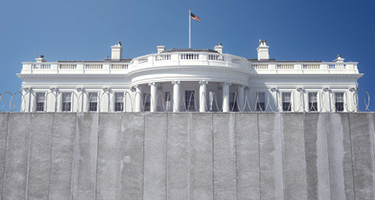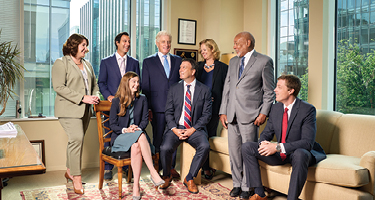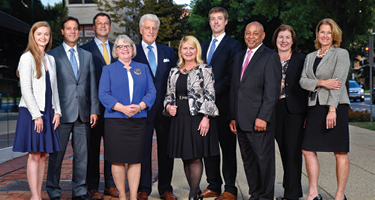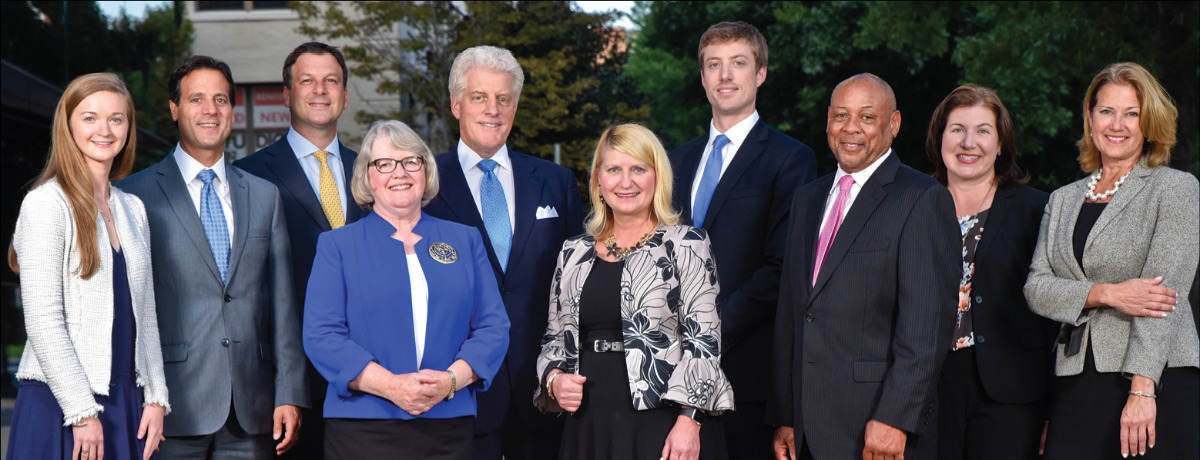Washington, D.C., closed out 2023 with its most homicides on record since 1997, as car jackings and other vehicular-based crimes nearly doubled.
In response, Attorney General Brian L. Schwalb announced the District's plans to challenge those statistics in September, proposing improved safety measures to help reduce the overall rate and frequency of crime in apartment complexes and other residential areas.
Dubbed the Secure Apartments for Everyone (SAFE) Regulation Amendment Act, the proposed legislation seeks to implement practical solutions to make the D.C. area and surrounding communities safer in the long run.
"Every Washingtonian deserves to feel safe in their home. The SAFE Act offers a preventive, proactive suite of tools to address security concerns and enhance the District's ability to work with tenants and landlords to develop tailored plans to address the needs of each building," said Schwalb.
Since each apartment complex presents a unique set of challenges and structural characteristics, the SAFE Act will allow tenants, owners and respective local agencies to collaborate directly and identify facility-specific problems, an area governed under Washington, D.C., Real Estate Law, to prevent crime.
With hopes of fostering a stronger sense of community, the act will prioritize rental property standards, mandating properties with five or more units to feature self-closing and self-locking exterior doors and meet District lighting requirements. Additionally, this legislation will include notable amendments to its longstanding predecessor, the Nuisance Abatement Act.
Introduced in 1998, the NAA initially focused on limiting only drug-related offenses. The nature of these crimes has now evolved drastically, calling for dynamic legal provisions to encompass a much broader scope of community safety measures.
Along with adding serious gun-related crimes to the act's public nuisance measure list, provisions for conducting and expanding community-wide security assessments are in the pipeline. Properties with a history of repeated incidents—be it drug and illegal gun seizures or violent crime arrests—will be prioritized first.
Every Washingtonian deserves to feel safe in their home."
Once completed, a detailed report will be issued to the District's Department of Buildings specifying safety measures applicable to that community.
For transparency, the report must be shared with various local and District entities, including the attorney general, the Office of Tenant Advocate, an appointed local advisory neighborhood commission and the ward council member's office.
Under the SAFE Act and newly revised Nuisance Abatement Act, the D.C. Superior Court can deem any property as a potential nuisance, putting landlords at risk of incurring financial penalties up to $1,000 per day for the first 30 days of an unresolved report and increasing to $5,000 per day if disregarded.
In the role for nearly a decade, Mayor Muriel Bowser has a strong track record of seeking ways to deter crime throughout the District, actively supporting numerous past amendments.
"We are a city that is committed to creating opportunity and that believes in second chances, but we will not tolerate violence, and we will not tolerate criminal activity that disrupts our sense of safety and our ability to build thriving neighborhoods," said Bowser.
































